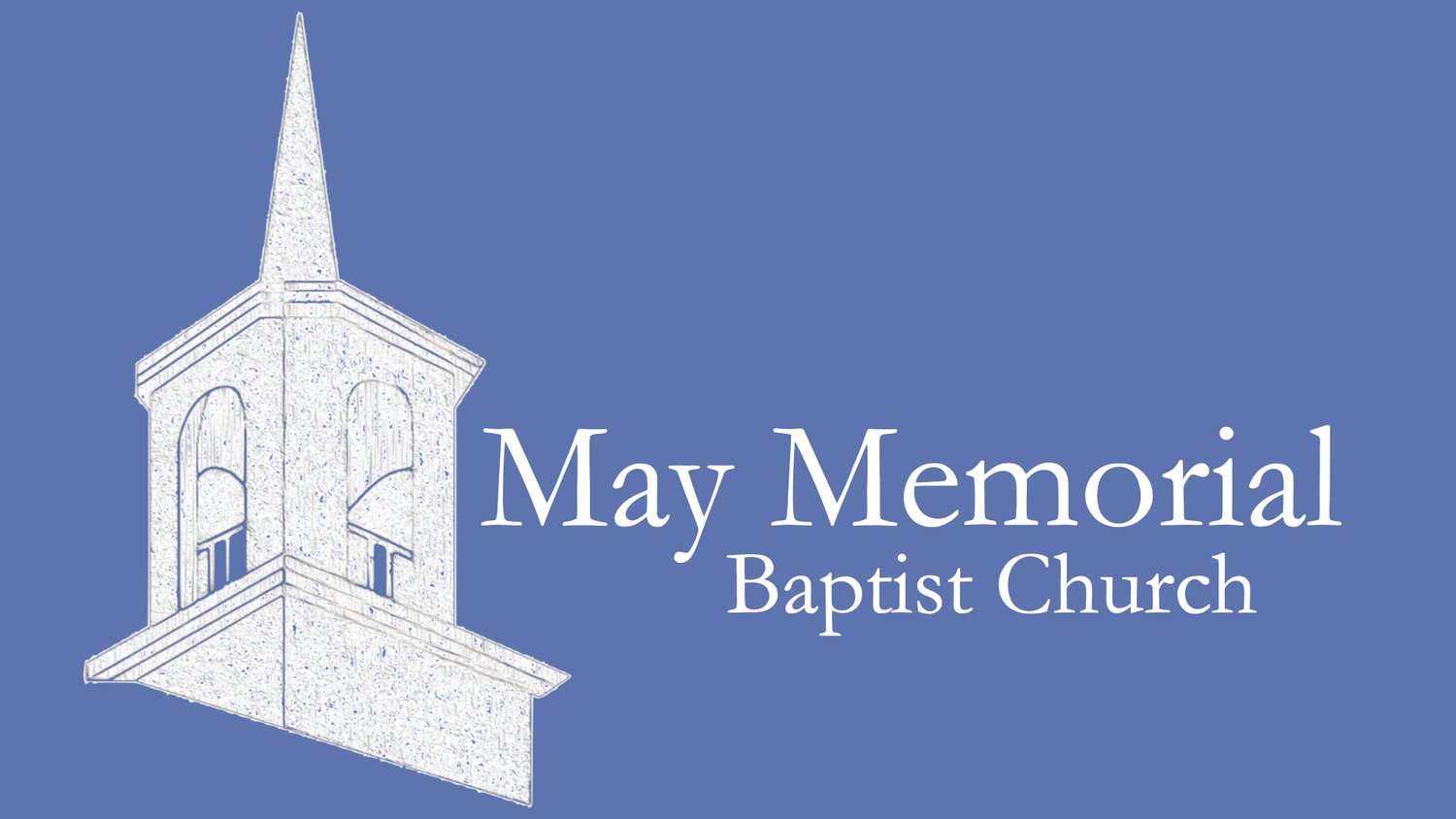I don’t know when the hymn Amazing Grace was first sung by a congregation. The words were written in 1772, it was published in 1779. But the beloved John Newton hymn, from the writing of the text in 1772, when it was sung, was not sung to the tune to which we sing it. The tune NEW BRITAIN was not written until 1835, and before that there were as many as thirty-five tunes that Christians would sing those famous words to. But to my point, after Newton’s text was finally “married” to William Walker’s tune NEW BRITAIN, and clergy and musicians began selecting for their congregations to sing it in worship, I wonder how many Christians simply loved it as a new hymn? Did anyone leave worship that day, the first time they sang Amazing Grace, and reply, “we’ve never sung that before, it was GREAT!” Probably not.
If I am not careful, I am skeptical of new things. I know what I like, and I like what I know. I like things that are familiar and predictable. I know where I find value, and when something changes I worry that I will not find the same value. And yet I can hardly imagine a world in which in worship I couldn’t sing Amazing Grace. This means that somewhere, someone had to do something new. In doing “new” things, we just never know when it is going to be used by God and be a blessing to Church and world.
Each summer my family and I attend a music and worship conference in Montreat, NC, and it is just about the highlight of my year. The best part of the day is worship, which happens at 11:00 a.m. each morning. It is led by a large organ played by a world class organist. Frequently there are brass players on the hymns, and it is thoroughly traditional. I love it. My spirit is renewed and comforted in the excellence but also in the familiarity of what happens. Several years ago (we’ve been going each summer since 2000) we entered Anderson Auditorium, and it felt like it does each year: like going home. The organ, the hickory pews, the stone floor, the open windows through which I could see the mountains. But, there was something else: six microphones that I concluded were going to be used by singers. This was new. I was skeptical. If it works, why change it? I was right, during worship there were six singers who, on some of the songs, stood there and led the congregation. And what I initially thought was going to take value away from my normal experience only added to it. That year the preacher was John Bell, a Scottish Presbyterian from Iona, and those singers led the congregation in some of his wonderful music.
I like familiar, I like sure things. But sometimes, maybe even often, God is to be found outside of my “box,” on the other side of the boat, and when I have the patience and courage, I often meet Him there.
